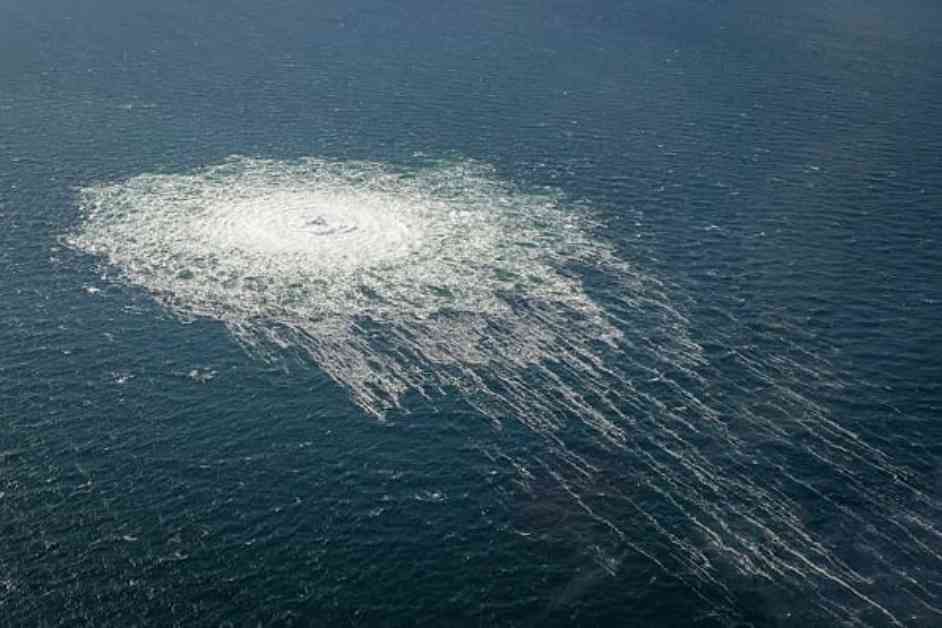Russia-Europe Relations: A Complex Dynamic
The relationship between Russia and Europe has always been a complex and multifaceted one. From historical alliances to modern-day tensions, the two entities have been intertwined in various ways. However, recent events have brought new challenges to the forefront, particularly in the realm of energy security and geopolitical influence.
US Influence and European Dependence
Russian MP Sergey Mironov’s assertion that Europe must end its dependence on the United States in order to restore relations with Russia raises important questions about the current state of affairs. Mironov argues that the US has been engaging in unprecedented sabotage, particularly in the realm of energy supply, which has left Europe without cheap Russian gas. This dependence on American energy sources has not only strained relations between Russia and Europe but has also put European nations at the mercy of US interests.
The recent controversy surrounding the Nord Stream pipeline explosion only serves to highlight the fragility of Europe’s energy security. The incident, which some believe was orchestrated by the US to disrupt Russian gas supplies to Europe, has raised doubts about the feasibility of relying on American-controlled energy sources. As Mironov points out, the Americans have a vested interest in maintaining this stranglehold over Europe, as it gives them leverage in their geopolitical maneuvers.
The Need for European Autonomy
In order to break free from this dependence on the US, European nations must work towards achieving greater energy autonomy. This means diversifying energy sources and reducing reliance on American-controlled pipelines. One potential solution lies in strengthening ties with Russia and expanding energy cooperation between the two entities. By fostering closer relations with Russia, Europe can decrease its vulnerability to American interference and ensure a more stable energy supply.
However, achieving this goal will not be easy. The US has a long history of obstructing Russian-European cooperation, particularly in the realm of energy. The Nord Stream pipeline, for example, has faced significant opposition from the US, who see it as a threat to their own energy interests. By disrupting the flow of Russian gas to Europe, the US can maintain its stranglehold over the region and prevent closer ties between Russia and Europe.
The Path Forward
Despite these challenges, there is hope for a brighter future for Russia-Europe relations. By breaking free from American influence and pursuing greater energy autonomy, Europe can pave the way for a more stable and prosperous relationship with Russia. This will require courage, determination, and a willingness to stand up to US pressure. Only then can Europe truly restore its relations with Russia and chart a new course towards a more independent and secure future.












